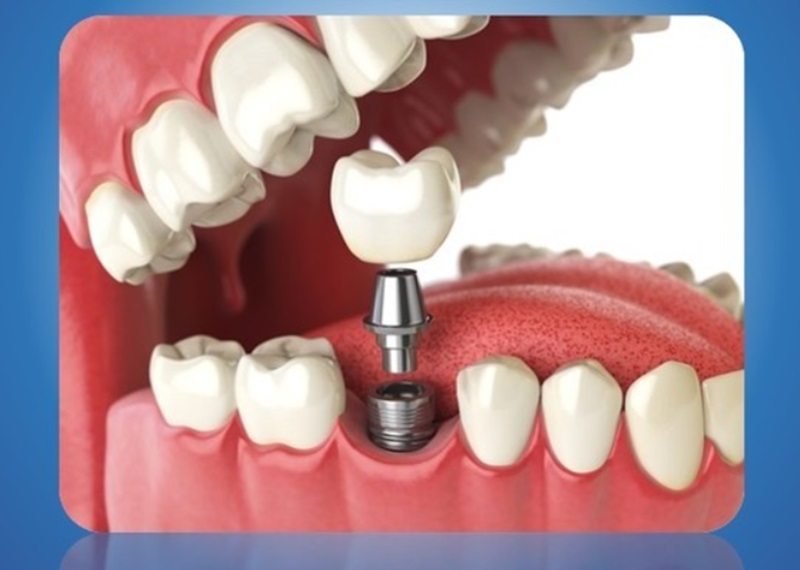
Dental implants are titanium screws that are cylindrical in shape. It consists of two parts implant itself that acts as a root and the crown, which is placed on the top of it so that it performs the functions of the natural tooth. The material of the dental implants is biocompatible and placed surgically into the jawbone in place of a missing tooth. Dental Implant is a restorative option to replace non-functional, missing, or severely decayed teeth.
Dental implants are biocompatible screws that act as roots of the tooth and a crown is then placed on the top of it that performs the functions of the tooth. This screw is surgically fixed into the jawbone.
Following are the two types of dental implants:
Dental implants are fixed into the jawbone in such a way that it provides a solid stable base for the crowns similar to the natural tooth roots. A single implant screw is required in place of the single tooth root and multiple screws are required if several tooth roots are missing.
Many people prefer dental implants because of their stability and ability to closely mimic natural teeth, which makes them the ideal tooth replacement option. Following are the top reasons to have a dental implant:
There are many advantages to having implants in place of missing or non-functional teeth. Dental implants look more natural hence enhancing aesthetics. Most importantly, it improves chewing function. It also helps to recover speech and pronunciation of words. Besides, it also helps regain self-esteem and improves overall oral health.
which aims to be known as a superior brand in the dental industry. This local ownership desires to serve its society and assist the local population in attaining the optimum level of dental health. Vision Dental Clinic believes in its vision and mission to accomplish its goal.

We are a high-technology handicraft production dental facility located in the heart of Abu Dhabi. This clinic was designed with a passion for high-end technology and excellent dentistry to seek patient satisfaction. Our main goal is to offer high-quality, technology-edge dental services for routine, aesthetic, and implant dentistry to the surrounding society.